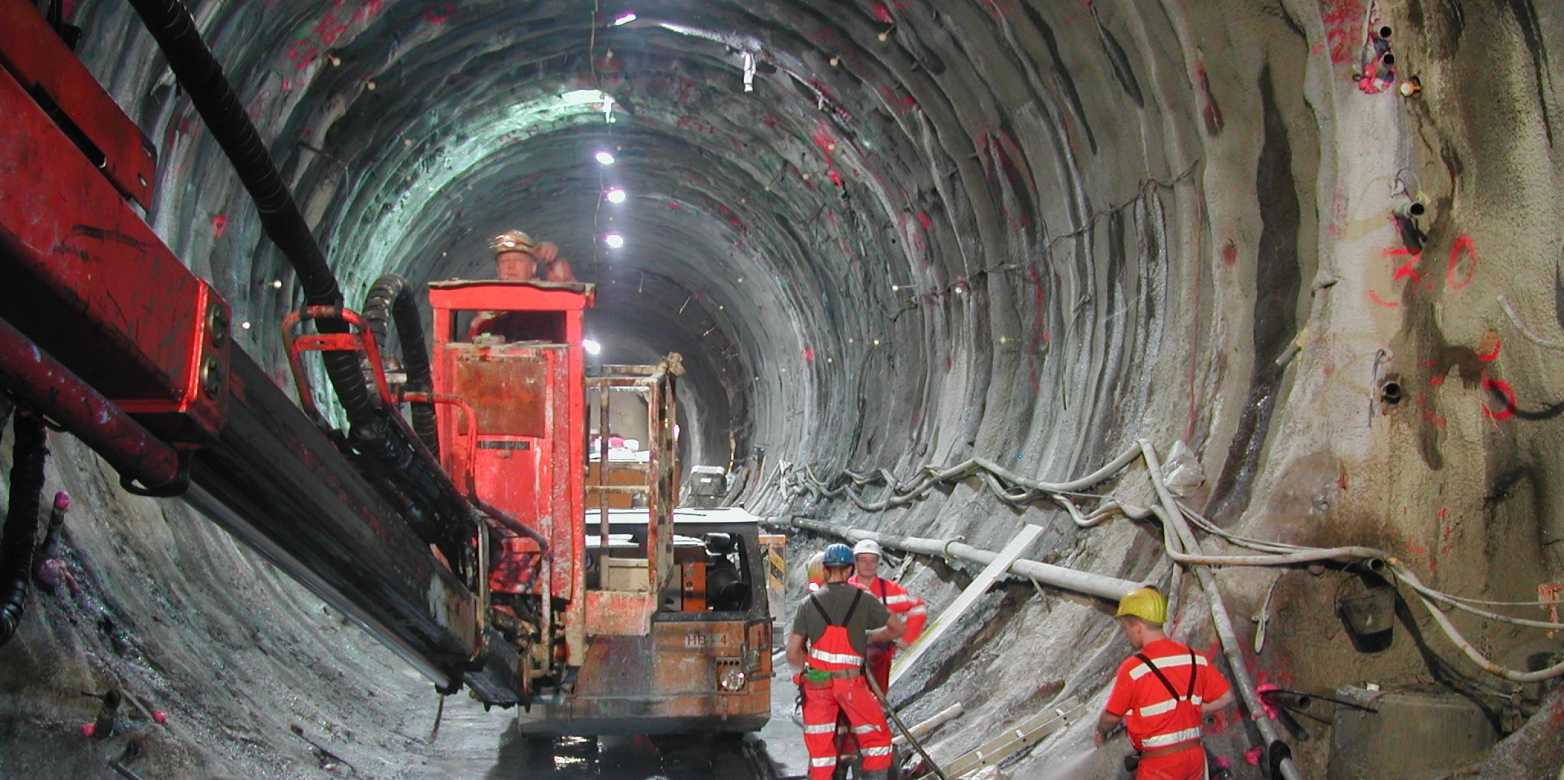Cracking the Code: Engineering Geology’s Key Role in Building Projects
Engineering Geology

In the realm of construction, where grand architectural visions materialize into reality, there’s a silent partner working behind the scenes: engineering geology. While its name might not grace headlines, engineering geology plays a pivotal role in deciphering the complexities of the Earth’s crust and ensuring the stability, safety, and success of building projects. In this article, we embark on a journey to uncover the significance of engineering geology, exploring its fundamental aspects and its indispensable contributions to the world of construction.
Delving into the Earth: Unraveling Engineering Geology
Engineering geology is the scientific discipline that investigates the interaction between the Earth’s geological features and construction projects. It delves into the physical, chemical, and mechanical properties of rocks, soils, and other subsurface materials to provide essential insights that guide engineers, architects, and construction professionals in making informed decisions.
Unearthing the Foundation: Key Aspects of Engineering Geology
1. Site Characterization: Unveiling Earth’s Secrets
At the heart of engineering geology lies site characterization, a process that involves studying the geological conditions of a site. This includes analyzing the types of rocks, soil profiles, groundwater levels, and potential geohazards. By understanding the site’s geological context, engineers can tailor their designs to accommodate the unique challenges posed by the Earth’s composition.
2. Geotechnical Investigation: Foundation for Stability
Geotechnical investigation is a vital component of engineering geology. It entails collecting soil and rock samples from various depths to determine their properties and behavior under different conditions. These samples undergo laboratory testing to evaluate parameters such as shear strength, permeability, and compressibility. The insights garnered from geotechnical investigation inform decisions about foundation design and construction techniques.
3. Risk Assessment: Navigating Geological Hazards
Engineering geology plays a crucial role in risk assessment by identifying potential geological hazards that could impact a construction project. These hazards might include landslides, earthquakes, sinkholes, or soil liquefaction. By recognizing these risks in advance, engineers can implement appropriate measures to mitigate their effects, safeguarding the integrity of the project and the safety of its occupants.
4. Material Selection: Marrying Materials to Geology
The geological characteristics of a site influence the choice of construction materials. Engineering geology assists in selecting materials that can withstand the geological challenges posed by the location. For instance, in areas prone to expansive soils, engineers might opt for materials that can accommodate soil movement without compromising the structure’s stability.
The Journey of Engineering Geology: Deciphering the Earth’s Puzzle
1. Initial Site Visit: The Prelude to Understanding
The journey of engineering geology begins with an initial site visit. Geologists and engineers study the topography, geological formations, and evidence of past geological events. This preliminary assessment lays the groundwork for further investigation.
2. Geological Mapping: Crafting the Geological Story
Geological mapping involves creating detailed maps that showcase the site’s geological formations, rock types, and soil layers. These maps provide a visual representation of the subsurface conditions, aiding in the interpretation of the site’s geological history.
3. Field Tests: Unveiling Properties in Real Time
Field tests are conducted to gather immediate data about the site’s properties. These tests might involve measuring the soil’s density, conducting percolation tests, and assessing the soil’s moisture content. These real-time insights complement laboratory testing.
4. Laboratory Analysis: Cracking the Geological Code
Collected soil and rock samples are subjected to rigorous laboratory analysis. This includes tests to determine the samples’ mineral composition, grain size distribution, permeability, and compressibility. The results form the basis for informed engineering decisions.
5. Geological Models: Visualizing Subsurface Complexity
Geological models are constructed to visualize the subsurface in three dimensions. These models help engineers and architects understand the intricate geological features, aiding in designing foundations and structures that account for potential challenges.
Impact Unveiled: Engineering Geology’s Influence on Construction
1. Stability and Safety: Building on Solid Ground
Engineering geology is the cornerstone of stability and safety in construction. By understanding the geological conditions, engineers can design foundations that distribute loads efficiently and mitigate the risk of settling or collapsing due to unstable soils or rock formations.
2. Cost-Efficient Solutions: Preventing Surprises
Addressing geological challenges early in the design phase saves both time and money. Engineering geology allows for the identification of potential issues and the implementation of targeted solutions. This foresight prevents costly delays and revisions during construction.
3. Environmental Considerations: Harmonizing with Nature
Understanding the geological context helps in harmonizing construction projects with the environment. Engineering geology provides insights into the potential impact of construction activities on groundwater, habitats, and natural features, allowing for environmentally conscious planning.
4. Innovative Design: Tailoring to Geological Dynamics
Engineering geology encourages innovative design approaches that consider the geological complexities of a site. Structures can be designed to account for potential ground movement, ensuring their resilience and longevity in the face of geological forces.
Conclusion
While the awe-inspiring skyscrapers and intricate infrastructure dominate the visual landscape of construction, engineering geology stands as an unsung hero, quietly deciphering the Earth’s geological code. From site characterization to risk assessment, material selection to innovative design, engineering geology’s influence is woven into every aspect of construction. Its role in ensuring stability, safety, and environmental consciousness cannot be understated. As the construction industry progresses and the challenges posed by geological variability become more pronounced, the significance of engineering geology only deepens, highlighting its essential contribution to building projects that stand the test of time.
Engineering Geology and AKM Geotechnical
Elevate your construction projects with AKM Geotechnical’s exceptional engineering geology services. Our team of experienced professionals combines their in-depth geological knowledge with state-of-the-art techniques to offer unparalleled insights into your project’s geological context. From site characterization to risk assessment, our services provide a solid foundation for informed decision-making. With AKM Geotechnical by your side, you can navigate geological complexities with confidence, ensuring the stability, safety, and success of your construction endeavors. Experience the power of strategic geological expertise – partner with AKM Geotechnical today.



